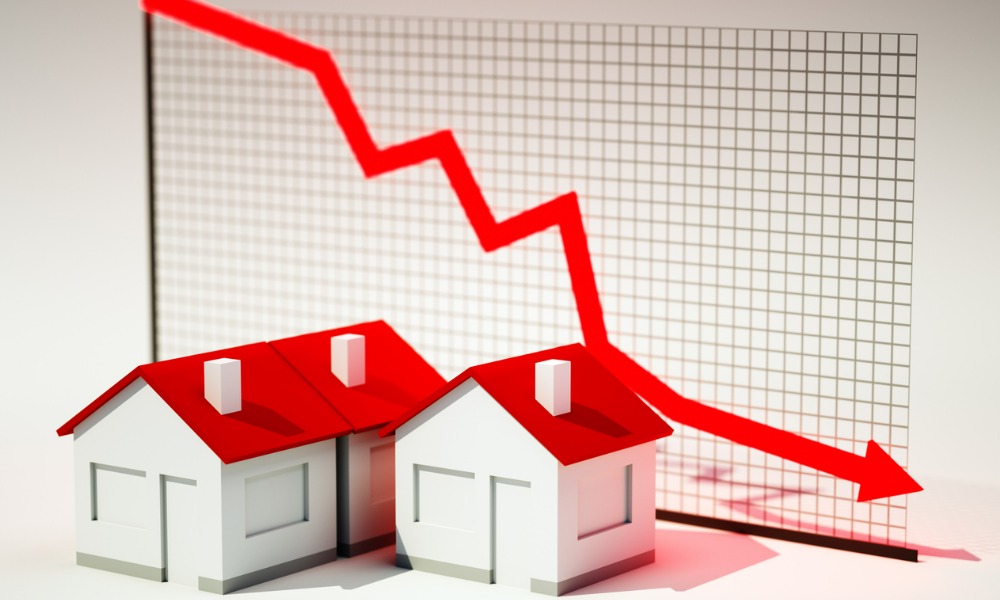New buyer enquiries dip as house prices continue to rise

Demand from prospective house buyers fell in May 2022, bringing to an end eight consecutive months of positive results for new buyer enquiries – a possible indication that the rising cost-of-living and higher interest rates are starting to make an impact on the property market.
According to the latest UK Residential Market Survey from the Royal Institution of Chartered Surveyors (RICS), new buyer enquiries decreased in May, with a net balance of -7%, down from a net balance of +8% in April.
RICS said some survey respondents – chartered surveyors who operate in the residential sales and lettings markets – cited buyers’ tightening of belts as the cause of the decline, a potential side effect of the cost-of-living crisis.
“The increase in the cost of mortgage finance alongside growing concerns about the economic outlook is unsurprisingly having an impact, albeit a relatively modest one at this point, on buyer activity in the sales market,” Simon Rubinsohn, chief economist at RICS, said.
“The interest in new property continues to be strong, but is showing some signs of slowing,” Mike Darwin, chartered surveyor at M W Darwin & Sons, said.
Chris Clark, chartered surveyor at Ely Langley Greig, believes “reduced disposable income and stiffer lending criteria are likely to reduce demand and depress market conditions.”
Still, RICS reported that the volume of agreed sales saw little change, with a flat picture reported. Sales expectations over the next three months are also predicted to be flat, at a net balance +1%.
Over the next 12 months, expectations are that sales are set to decline with a net balance of -24% respondents commenting that they foresaw sales declining, down from -4% in April.
New instructions to sell homes were also largely flat during May, and there seems to be little respite for lack of supply in the future, with respondents citing the weakest picture since December 2021 for new or requested market appraisals.
This suggests, according to RICS, that there is little prospect of more homes coming on to the market in the immediate future.
Given the limited supply, house prices continue to rise. A net balance of +73% of the respondents reported an increase in house prices during May.
“Prices are viewed as likely to remain resilient into 2023. But as is often the case in these circumstances, the pressure is likely to be felt more visibly in transaction levels which are seen as likely to slow as the year wears on,” Rubinsohn remarked.
Halifax recently reported that house prices have risen for 11 consecutive months, pushing the average UK house price to a record £289,099 in May.
Read more: Halifax releases latest house price index – industry reacts.
RICS said that all parts of the UK continue to see increasing prices, with growth exceptionally strong in Northern Ireland, Northern England, and Wales.
“There is a sense that the party is nearly over with prices at their highest ever level and defying gravity. The frivolity, and dancing is about to abate, and we now must look forward to the following headaches sooner than we may wish,” Alexander James McNeil, of real estate agent Bramleys, said.
Meanwhile, in the lettings market, tenant demand continues to rise firmly according to a net balance of +48%, the same as in April. At the same time, landlord instructions continue to fall, with the latest net balance coming in at -13%.
“What is particularly striking in the latest RICS survey is both the current and anticipated strength in the rental market,” Rubinsohn noted.
“New instructions of property to let continue to fall, according to respondents to the survey, while demand is still very strong leading to rental levels being bid higher and greater challenges for tenants who aren’t in the position to compete for the available stock.”



